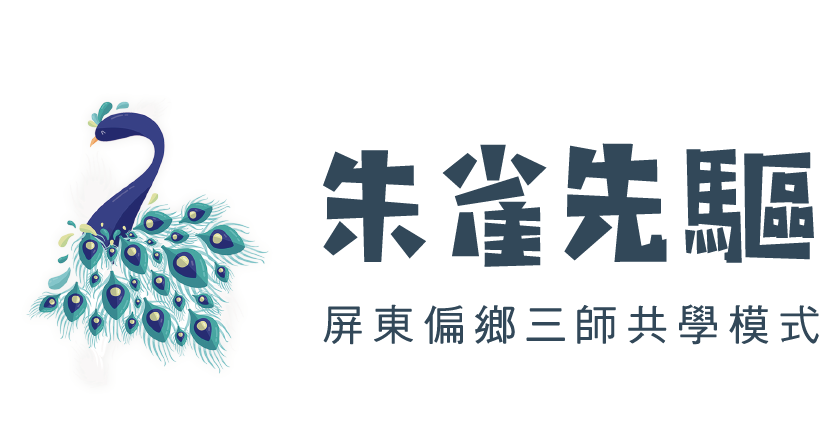【HOPE THEORY - 希望工程】
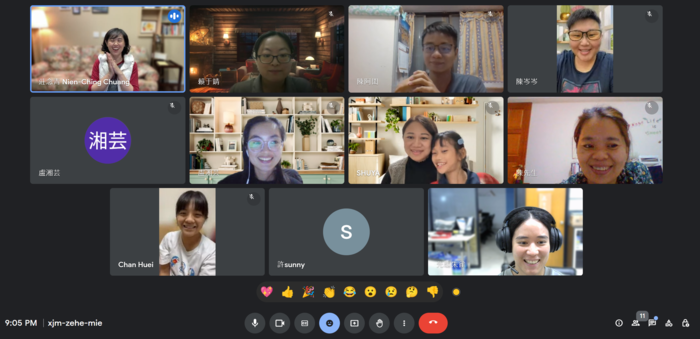
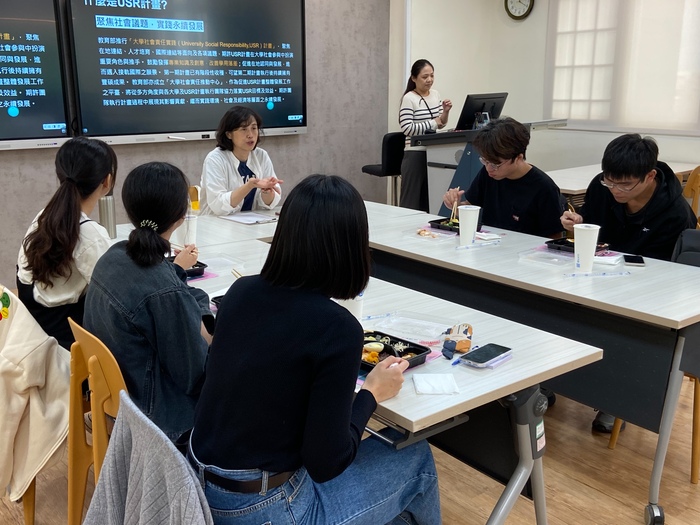
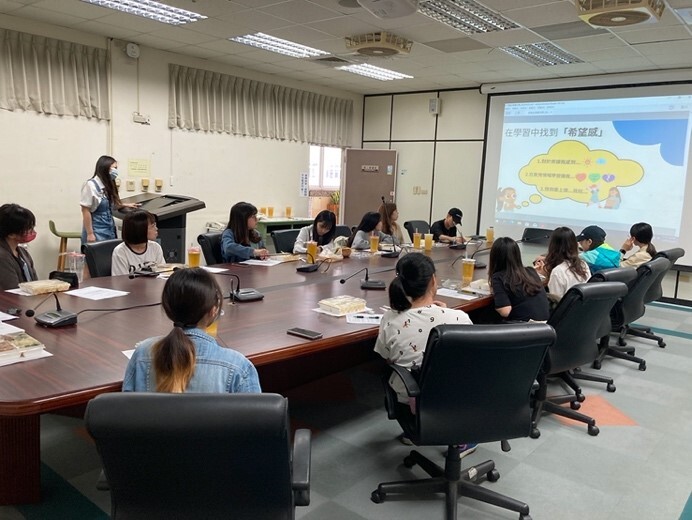
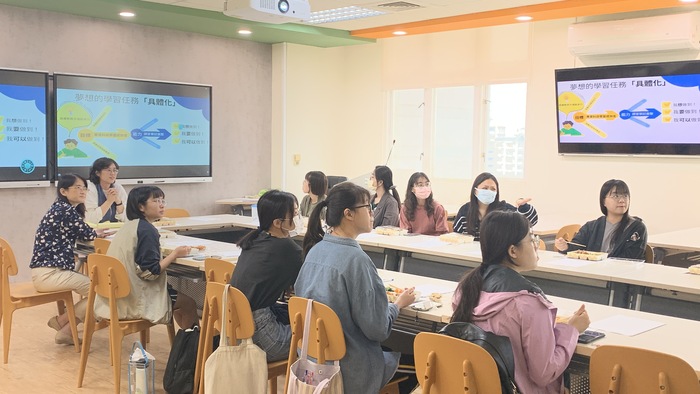
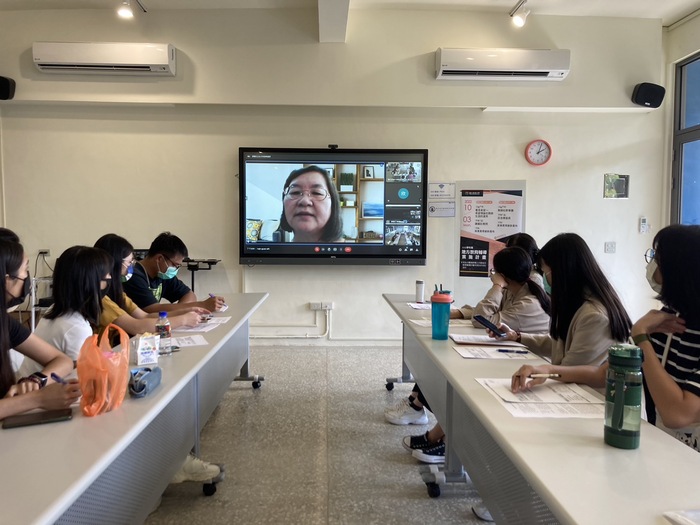
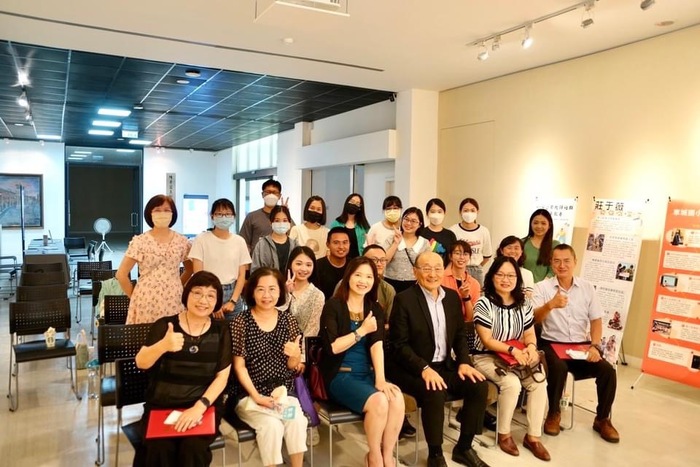
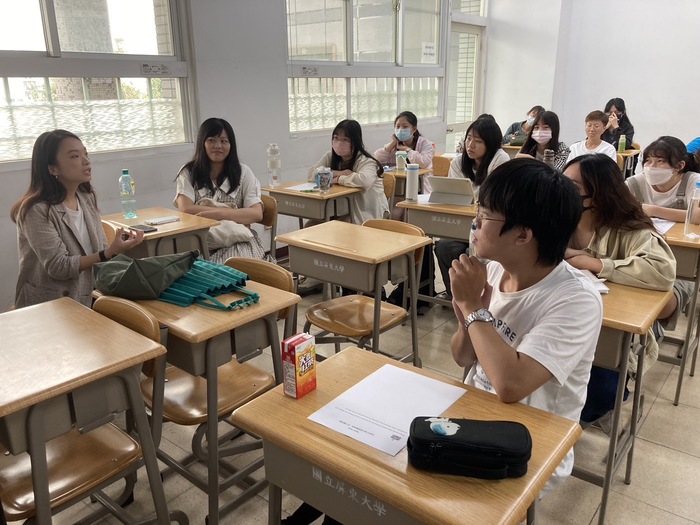
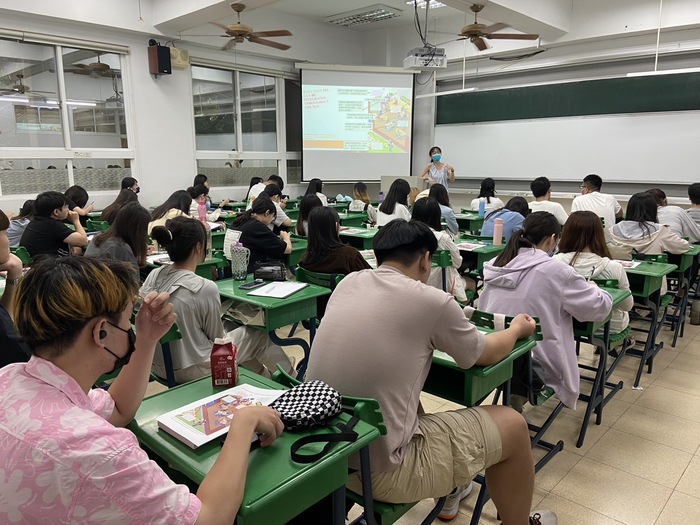
We conduct online rural teacher study workshops and establish a pre-service teacher community to provide a support system for teachers in remote areas.
Emphasize teachers' internal well-being and foster both their professional and personal growth.
【ABOUT HOPE THEORY】
Why do we start this action plan?
In Taiwan, Teacher training Program has long attached to the cultivation of teaching skills and profession. However, it shows less emphasis in teacher's inner well-being and mindfulness development. Therefore, SUZAKU PROINEER Project draws HOPE THEORY action plan to horizontally link the other three action plans' members to provide a mental support system and cultivate "sense of hope" to stronger their mental wellness. Moreover, elevating the strength of mental health in educators shows lower loneliness and turnover rate of teacher in rural elementary school, which highly responds to our sustainable development goal of education.
What is Hope Theory?
Hope Theory is a learned response, and it was given by psychologist Charles Richard Snyder in 2002.
Hope is defined as the perceived capability to derive pathways to desired goals, and motivate oneself via agency thinking to implement those pathways.
It's a simple fact of life that even the best-laid plans can go astray. Whatever talent or skill you may possess, hope is the state of mind that helps you navigate life's twists and turns, and keeps you moving forward when times are tough.
According to the research by psychologist Charles Richard Snyder (1944-2006), Snyder's Hope Theory, there are three main things that make up hopeful thinking:
1.Goals – Approaching life in a goal-oriented way.
Goals, and goal-oriented thinking, are the foundations of Hope Theory. They can be long-term or short-term. They can be statements or they can be mental images such as picturing yourself hitting the perfect volley, or hitting that high note in your choir solo.
2.Pathways – Finding different ways to achieve your goals.
"Pathways thinking" refers to your belief that you can find a workable route to your goals. The more creative and determined you are about finding paths, the more hopeful you are likely to be. If something beyond your control gets in your way, you find another route.
3.Agency – Believing that you can instigate change and achieve these goals.
Agency thinking is especially important when the path you're on becomes blocked. It gives you the flexibility and willingness to move to a different, more successful pathway.
Snyder characterized hopeful thinkers as people who are able to establish clear goals, imagine multiple workable pathways toward those goals, and persevere, even when obstacles get in their way. He also discoverd that hopeful thinking is one of the biggest determinants of success – more so even than intelligence, skill or previous success – therefore, it's an useful mindset skill that we could all benefit from having more of.
What do we do?
The team of Hope Theory action plan establish "Preservice Teacher Community" for student teachers and develop "Online Rural Teacher Study Workshops" for our co-learning feild inservice teachers. We offer emotional support, problem-solving training and teaching professional development to our teachers. Additionally, the team porvides SEL (Social Emotional Learning) Lecture, "Reflection Notes" practice and arranges a variety of thinking topics to initiate the brainstroming. Our Goal is to construct the strentgh of hope for our members, enable our educators to achieve their goals and conquor the obstacles in their career or life.
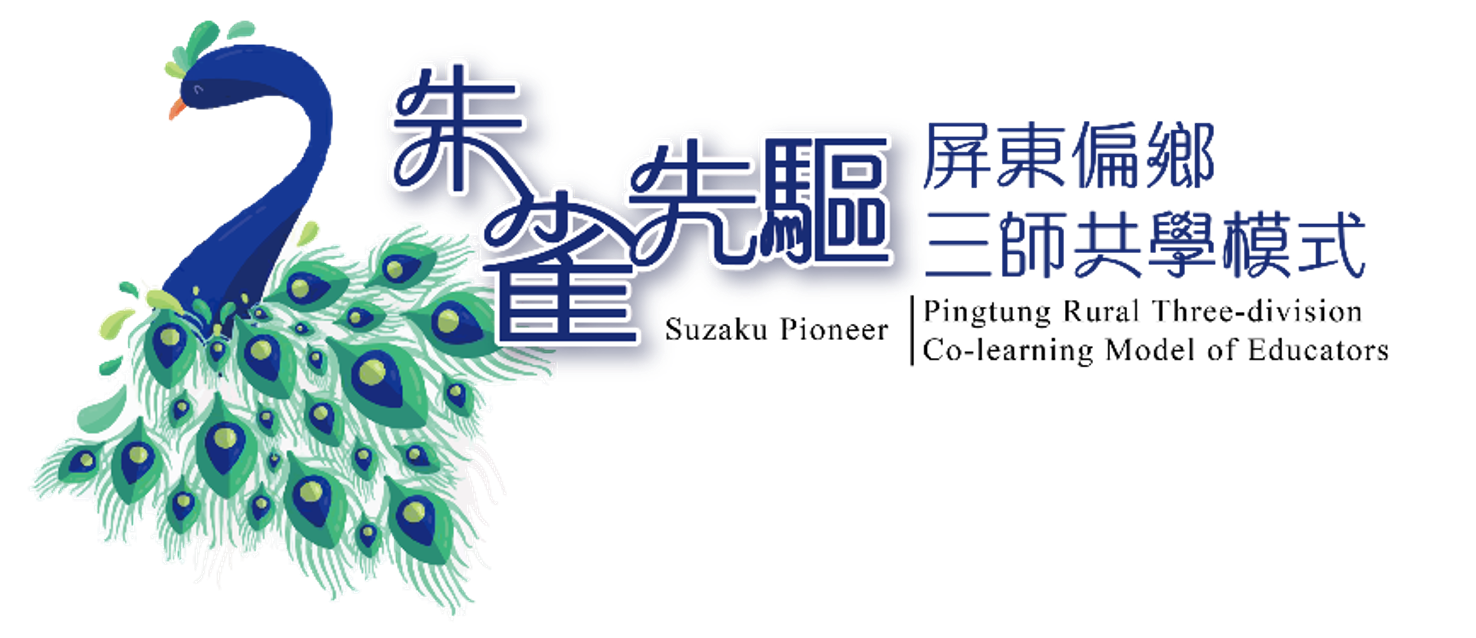
.png)
